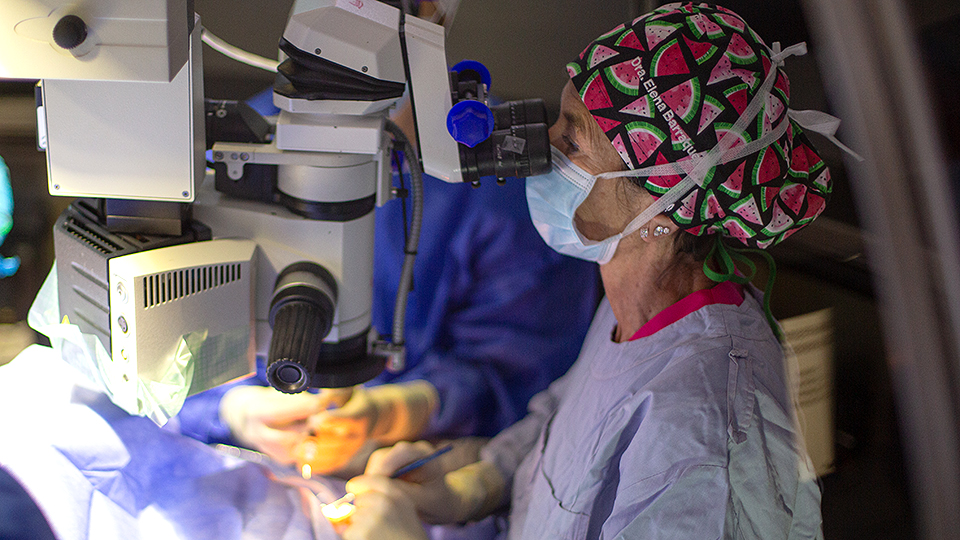Learn about refractive errors: myopia, hypermetropia, astigmatism and presbyopia
16/01/2026

02/06/2023
How can I tell if I have cataracts?
The initial symptoms of cataracts include blurry vision, glare from lights, and a decrease in contrast between colours. As the cataract progresses, vision becomes increasingly blurred, making it more challenging to carry out everyday activities.
Once I have undergone cataract surgery, will my prescription remain the same?
Typically, the prescription of the intraocular lens implanted during cataract extraction is expected to last a lifetime, as changes in prescription are usually due to the gradual hardening of the lens, leading to the formation of a cataract.
Will I need glasses after cataract surgery?
The need for glasses after surgery depends on the type of intraocular lens implanted in the eye. There are currently intraocular lenses available that can correct various vision defects, including hyperopia, myopia, astigmatism, and even presbyopia. The ophthalmologist will assist the patient in selecting the most suitable intraocular lens for their specific case.
How is the opaque lens removed from the eye?
Currently, cataract removal is performed through a 2mm incision, using an ultrasound probe that pulverizes and aspirates the cataract.
Do only older people get cataracts?
Senile cataracts, caused by the aging of the lens, typically appear in individuals over 60 years of age. However, there are also congenital cataracts, sometimes hereditary, present in infants at birth. Additionally, traumatic cataracts resulting from an injury can occur at any age.
I have been diagnosed with cataracts and have heard that there is a laser that operates on them. How does it act? Is it better than conventional surgery?
Femtosecond laser-assisted cataract surgery currently allows only a few delicate steps of cataract surgery to be performed with the same safety and precision as an expert surgeon. Ultrasounds are still essential to remove most cataracts. The use of the femtosecond laser is not indicated in all cataracts, so your ophthalmologist will recommend the most appropriate technique in your case.
Can intraocular lenses (IOLs) get dirty inside the eye and cause blurred vision?
Although it is very common to hear that intraocular lenses get dirty, what actually happens is the opacification of the posterior lens capsule, a thin membrane that surrounds the cataract. Said capsule remains intact and transparent during the operation to support the intraocular lens, but as the months go by, it becomes covered with cells that progressively reduce vision, giving the sensation of seeing through ground glass. This is easily solved by opening a buttonhole in the posterior capsule with a laser, without the need to enter the operating room and quickly recovering the vision that had been lost.
Dr. Elena Barraquer, ophthalmologist at the Barraquer Ophthalmology Centre